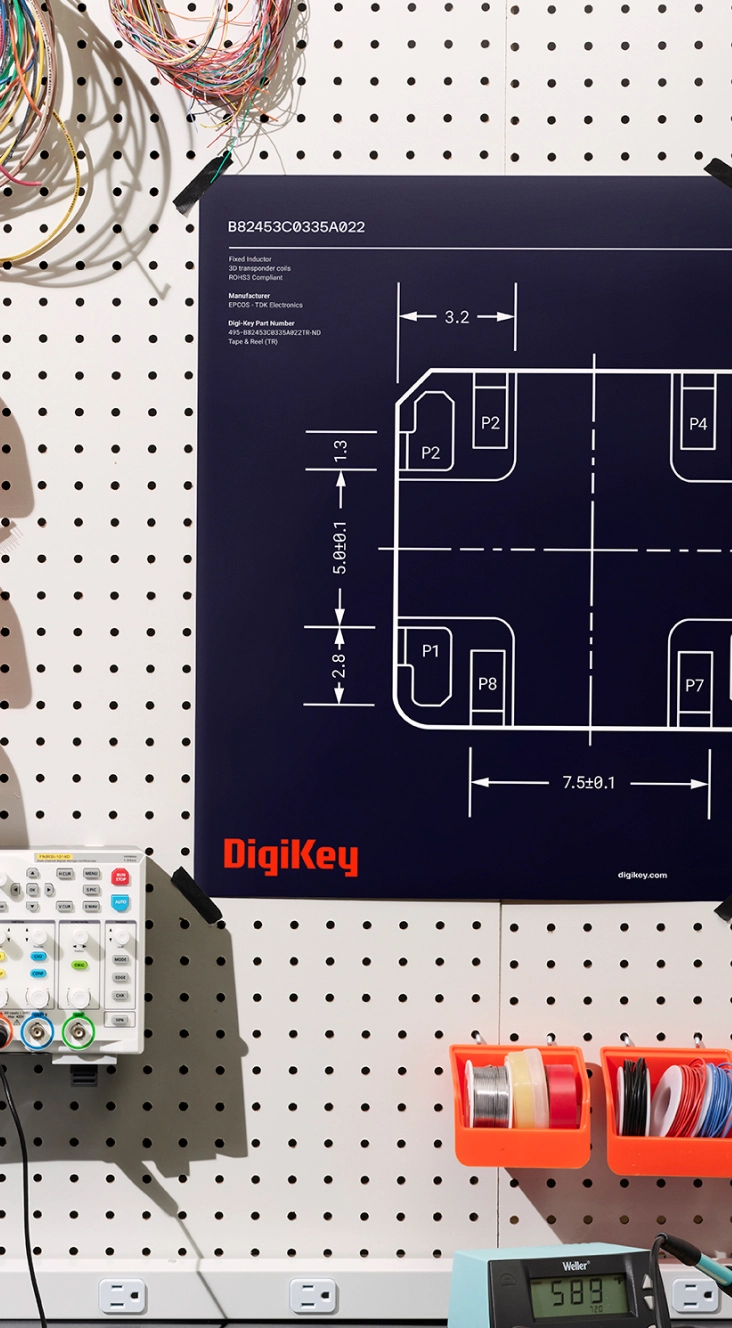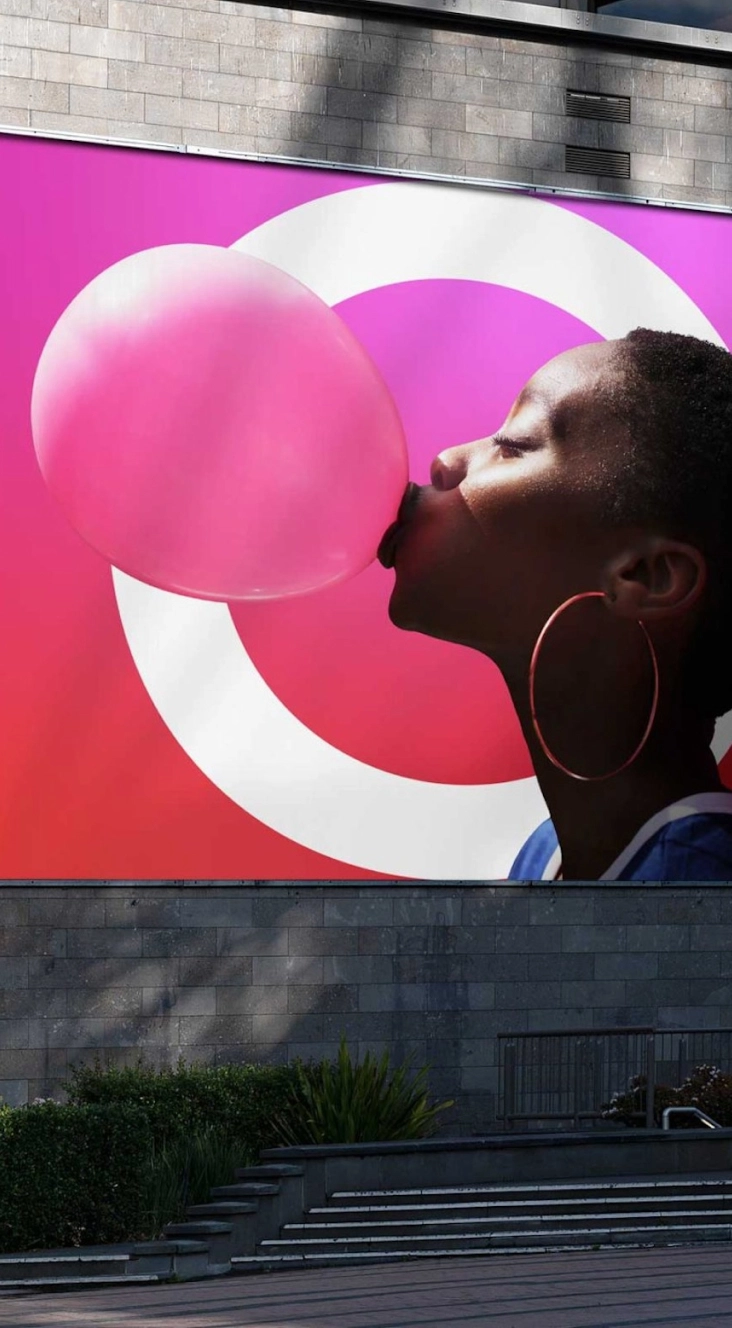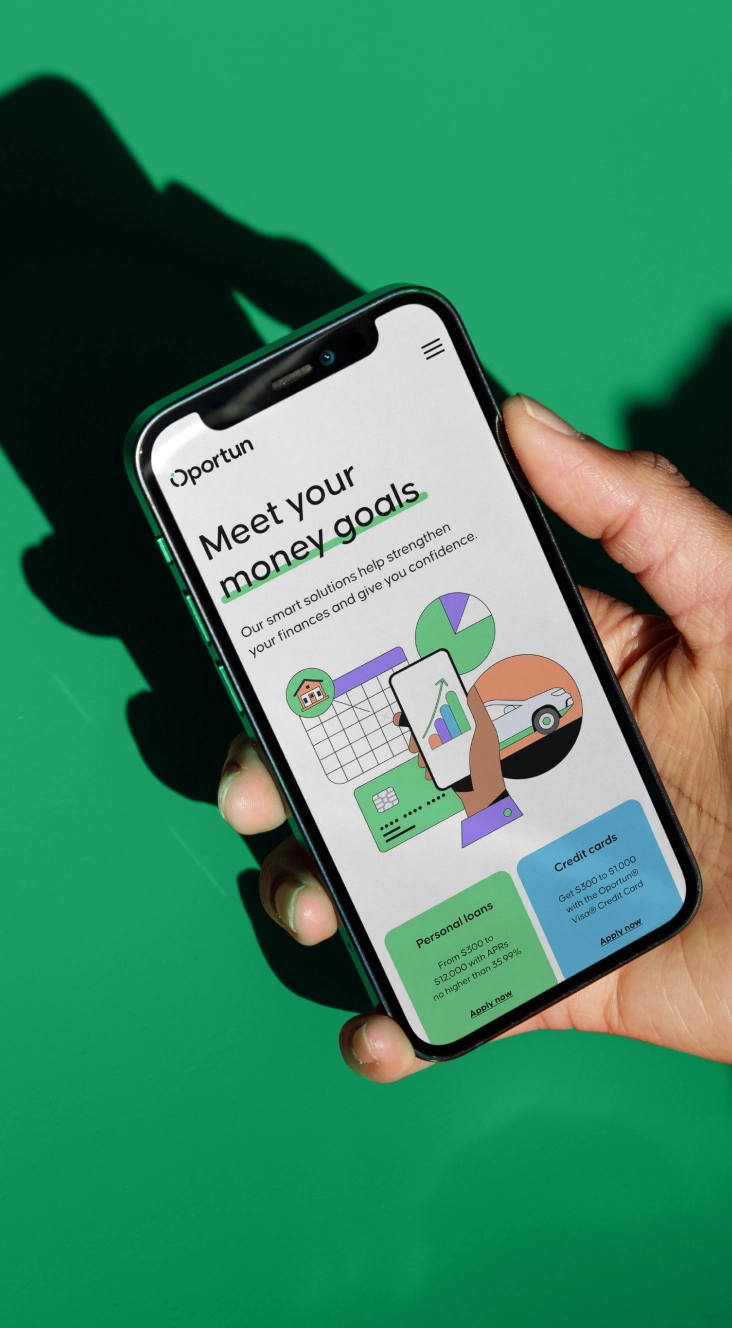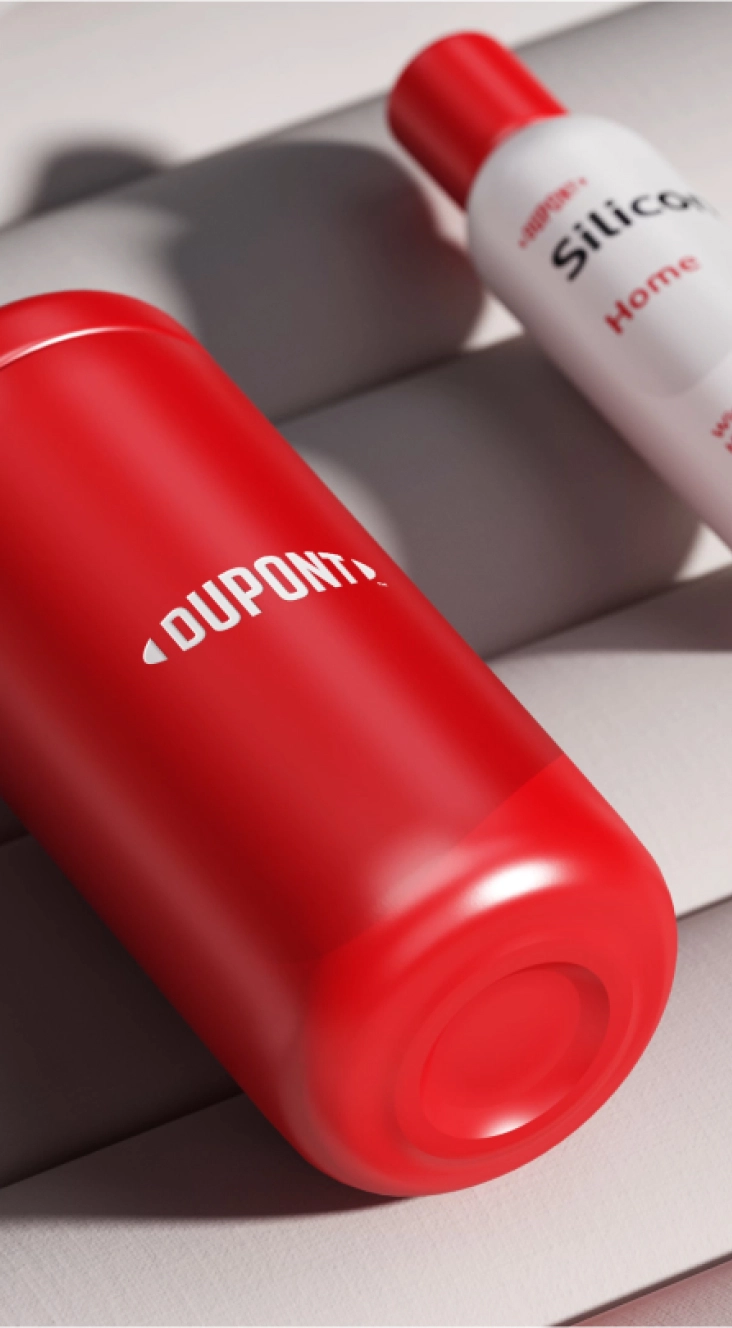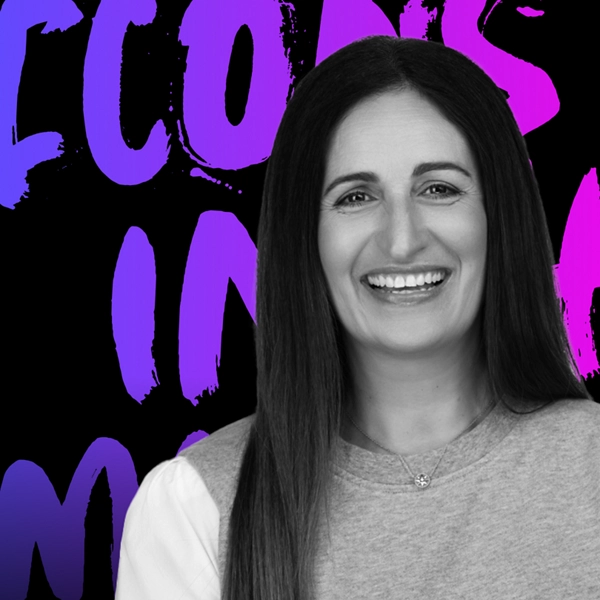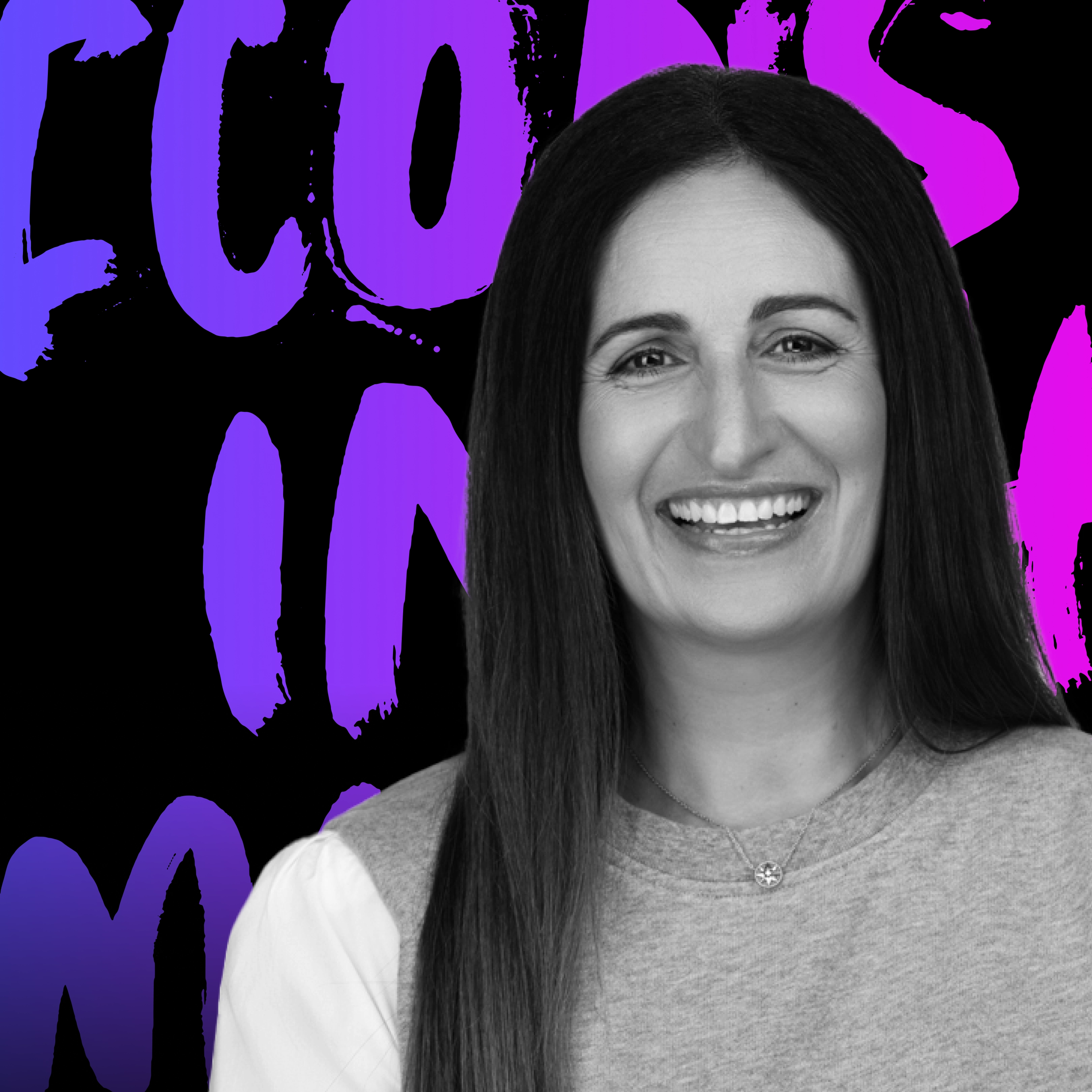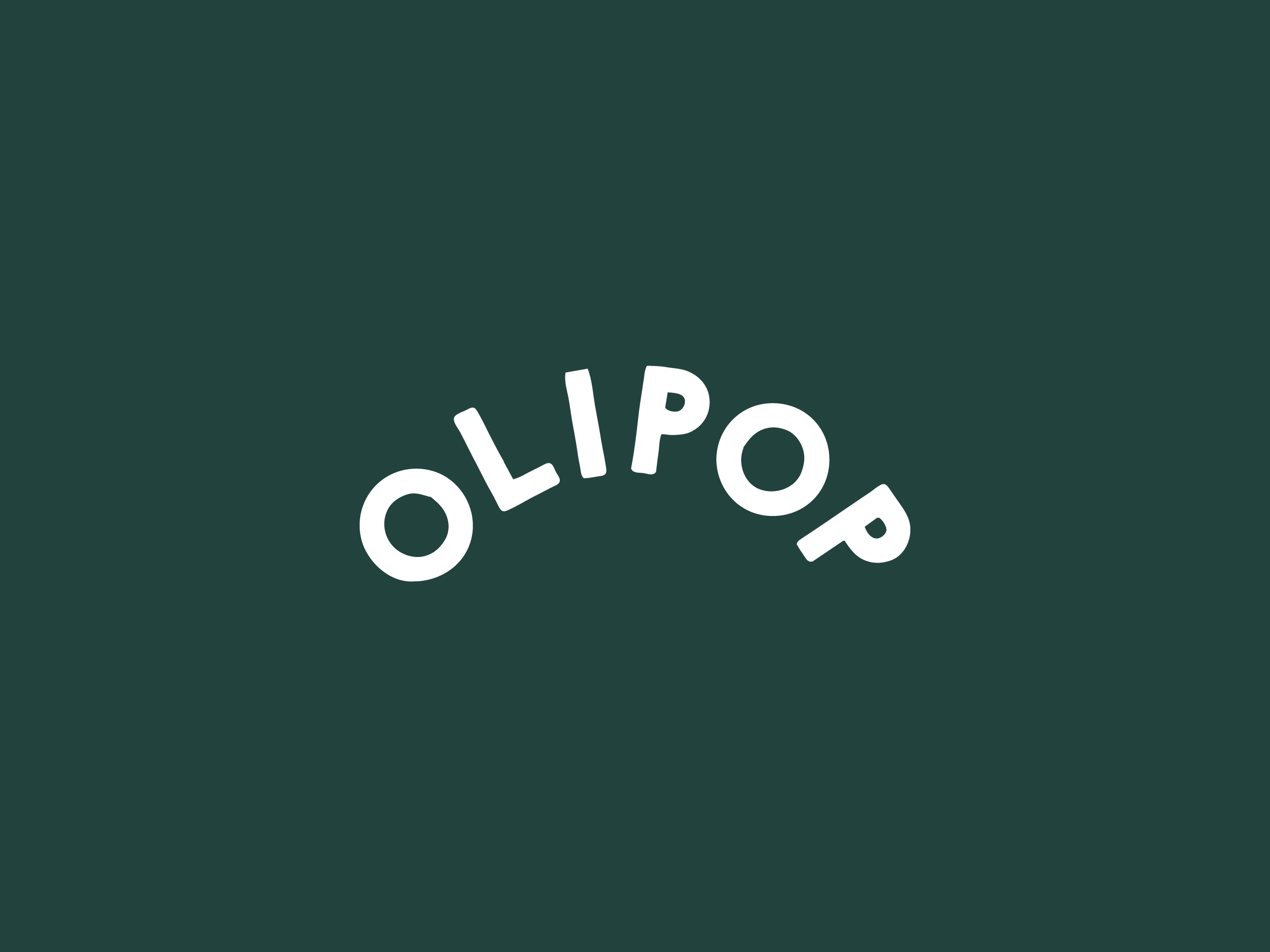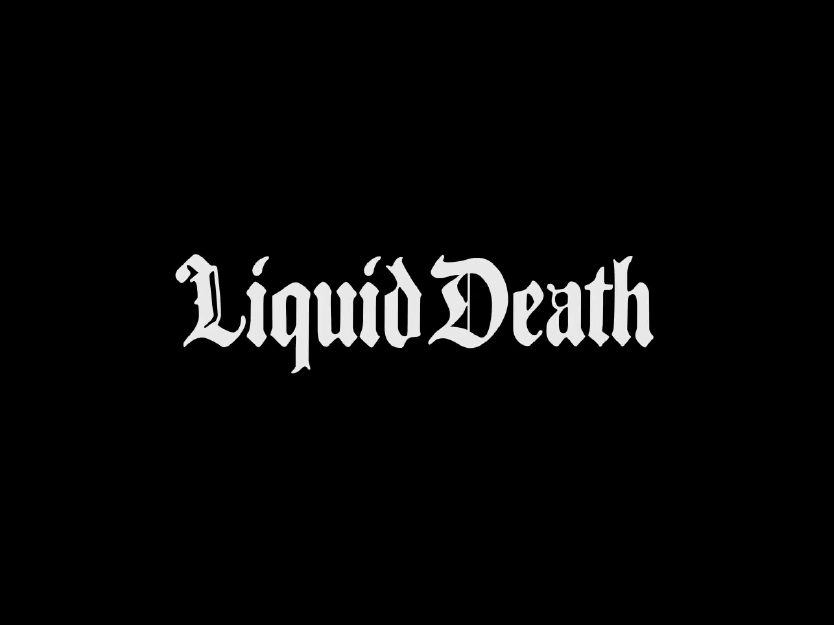Dr. Athina Kanioura knows a thing or two about shaking things up. Under her leadership as chief strategy and transformation officer, global giant PepsiCo has evolved how they deliver products, manage their portfolio, leverage technology, and create experiences for consumers, faster than anyone else. Tune into this special episode, recorded live from Davos, to hear more about how Athina has utlilized the power of AI to promote cross-functional teamwork and how she's put her people at the center of the brand.
Heather Stern: Okay. I'm so honored to be welcoming Athina Kanioura on this special edition of Icons in the Making recording live from Davos. She's a doctor, a global citizen, a woman in tech, a boy mom like me, a pioneer for the next generation of female innovators, and currently at the helm of PepsiCo as their chief strategy and transformation officer. I think a first for the global giant. So, welcome Athina. Thank you for joining me.
Athina Kanioura: Oh, thank you so much for the invitation and looking forward to our discussion.
Heather: Absolutely. So what brings you to Davos? I know this is multiple years you've been attending. Tell me about this moment.
Athina: Yeah. Well, this year, I would say amongst all years is very special to me because it is about intelligent age industries in the intelligent age. That's the theme of Davos. So it is about how industries will transform themselves through the power of technology, through the power of ai. And of course, due to my role as strategies and transformation officer I have a very keen interest on showing how PepsiCo has managed to transform everything about it from the way we deliver our products, from the way we manage our portfolio, from the way we deliver experiences for our consumers, leveraging technology and especially ai. So a lot of the discussions this week will be about the future of our industry, the role of PepsiCo in the food systems, and how we can help leveraging technology, help that problem for the world our transformation journey, and of course the role of female leaders in the next evolution of technology.
Heather: Yeah, fantastic. And I know that that's something near and dear your heart. You've really built a career where you've been very tech forward. Is that something you always, you know, thought of yourself as? Or has it really evolved over the years?
Athina: Yeah, now it has evolved. from a very young age, I loved stem, but I always thought I would be in academia, and that's how I started. So I was in academia, I did my PhD, then applied mathematics and economics, started teaching, advisory with the Central Bank of England. And it was always hard for me to see me outside of this ecosystem. And then when I did the pivot part-time initially, and then more full-time to consulting, it was a whole different world. How you can go from the science to the actual applications. And then of course, with my latest pivot in, in the industry this is where actually you see things landing.
But technology first mindset has been and will be something that is very dear to me. Because I do believe the world has significantly changed. We have had a couple of industrial evolutions. This specific one uh, is not gonna change just the way businesses are running, but it's gonna change how the humans think and interact amongst themselves. So yeah, I'm very happy of the decision I have made, and I'm glad I'm part of this AI revolution in my, in PepsiCo and as a broader advocate of AI across industries.
Heather: Well, given, in a way it's nascent still, it really brings together, as you said, your passion in being an academic and really studying how things work and how things are built. You're now at the helm of PepsiCo in this role. Transformation is not easy. Tell me about the journey so far. You talk about wanting Pepsi to be faster, stronger, and better as a company, which is an amazing aspiration and it's a brand that I think we all know and love. What does that mean to you, and to the broader kind of community around that idea and that mission?
Athina: Hmm. When our CEO took the helm of the organization five years ago and of course I came immediately after that four and a half years ago. Part of our mission is how do we one, elevate our strategy and also how do we simplify our strategy for our associates and of course our partners. And it was all anchored around three key messages. How do we make our business? They create this business in terms of the commercial excellence, in terms of the speed to market, in terms of the portfolio innovation, which is the faster pillar
Being always faster than anyone else on how we deliver things to the consumer. With a great consumer experience to come with that. How do we ensure we fortify PepsiCo with the strongest possible capabilities, a stronger system modernization, process transformation elevating the business transformation at the top of the, of the house, and thinking also of one PepsiCo breaking down the silos of the function and breaking down the borders of PepsiCo, meaning geographical borders. So one global PepsiCo that's stronger. And then last but not least, how do we ensure that the Pep positive, uh, ambition, which is great for our people, but great for our planet and our communities, becomes core and center at the strategy of the organization. So elevating our sustainability agenda, making sure our communities and our associates are at the heart of our strategy helping the communities to strive through that process. And of course with that also the planet, and that's the better part of the strategy. Our business transformation roadmap that is every facet of that. So we have to think of landing, of course, the ship when it comes to every year's results, which is obviously a big part of the faster, but without compromising always the future of PepsiCo through a better portfolio transformation and a better sustainability agenda, which is the stronger with one greater enabler, which is the stronger part of the agenda.
Heather: Yeah. And it's interesting, even in thinking about breaking down the silos. In a way, and I don't know what your reaction to this is, but AI actually can be a connective tissue for breaking down silos because it's going to impact all of us no matter where we sit within our organizations.
Athina: If you asked even till two years ago, how do CEOs or boards see, the role of design and operating models? You would get the classical answer. The last two years, fully transformative on organizational design thinking and restructuring on the operating model. Why? Because AI has allowed us to think much more end-to-end. So if I were to think on how we do things, more and more, we have cross-functional teams working together. In my case, I have collapsed four functions under one.
Heather: Wow. Which functions are those?
Athina: So we have our strategy, business transformation technology, and shared services now are under one organization. Wow. I don't have a CIO and CTO, I have capability leads.
I have people that have joint objectives across the board. I have business transformation leads that understand deeply the value of data and AI and embed them in the decision process and in the design of those business solutions. So we have these now hybrid operating models where you don't have anymore, oh, I'm an IT team, or I'm a change team, or I'm a process team, or I'm a strategy team. No, you need a major and a minor.
And teams are now having major and minors, which is leading now to a fusion of functions and a very different profile of leader who obviously has some area of expertise, but understands much more the implications of what his team his doing across the different facets of the organization. All of that is possible because of the technology transformation and how that has also changed on how we think of process comparing to the past.
Heather: Yeah. Looking at transformation at other organizations, it's a thing off to here, you know, there's a transformation office and then there's the business. You've brought them all together where you are transformation and you are transformation. Yet we all have a sense of our legacy and where we belonged and I'm IT or I'm marketing, have you found there be resistance? And how do you overcome that when all of a sudden now I have a major and a minor and I'm part of what the change is going to be.
Athina: There was a need for adjustment, not resistance.
I remember when I brought the teams together, there was this, Hmm, is this gonna work? Does it mean now I'm not a technology person? Do I need now to learn how to do strategy? There were a lot of questions about how is this gonna work out in reality and what is the execution plan. I think as the teams, especially the leadership team understood, because I brought them together for us to design that model, which is, I believe the model of the future. So as we were landing that model and they were seeing how what we had as a vision was coming to reality through action plans, through delivery, through roadmaps, through connecting people differently, they would never go back. And by doing so, it has accelerated our implementation plan by at least 18 months to 24 years.
Heather: Wow.
Athina: We have seen in one year progress of two years. Why? Because again, joint objectives. People are rated based on the joint success business transformation is the spearhead of the teams. Doesn't matter if you are delivering the tech part of that business transformation, still your anchor is the business change of your organization. So having a common vision that anchors on the strategy of the company has truly elevated how those things were operating. And the ROI for the organization has been immense.
Heather: That's incredible. And I'm sure continuing to show people how we're moving forward, I think is probably really important as well. Of course, we're inundated with so many communications from across the business. How do you keep people along for the journey that you're on?
Athina: Yeah, so we have a couple of forums that of course are important from a leadership perspective. But our target group is not the top 200 of the company. Our target group is the 320,000 employees of this organization that are the user base, whether they are internal and of course are billions of consumers who are our user base externally. It's constant communication chains and learning, that is top of our agenda. So you can deliver the most beautiful solution with an amazing UX and UI. You don't bring people along, you have failed.
So constantly, we are doing user adoption forums. We are explaining how this will transform their work, how this will accelerate their performance, how this will make their incentives, their bonus structures more successful. For our consumers it's giving them early access to some of our new portfolio through our platforms. Hyper personalization and experience, for example, for Gatorade in the hydration space. So we want to bring people along, not at the end of the journey, but in the beginning of the journey.
Heather: Yeah.
Athina: So when you have them part of the design, they're part of the solutioning and not just of the end output. And that has been our success story. It's more painful. I have to say. There's constant learning that you have to do and adopt. You need a certain level of agility. But the payoff that we have seen by following this approach has been amazing.
Heather: Yeah. We often will, will say, you know, you have to embrace some of the chaos. It's not gonna be perfect. And we're gonna pivot left and right. But it sounds like, you know, you've done that.
Athina: And I have to say, not everything has been successful. There have been cases where we said, you know what? This is not gonna work, so let's stop it. Let's move on. So to your point, embracing also the failures, because these are important learnings has also been part of the journey.
Heather: Yeah. So obviously, you know, you are on this journey at PepsiCo, but your career has spanned, as we said, academia, consulting, tech, consumer goods. Is there an unconventional leadership lesson that either you've learned or was imparted upon you over the years that has stuck with you?
Athina: Yeah, I have had amazing mentors. I still have amazing mentors, I think they have helped me understand the strengths of my both personality, plus also style of leadership. And the one thing that all of them consistently have told me, continue being authentic.
I'm a very authentic leader. What you see is what you get. Uh, and that's why my leadership, uh, team, uh, when eventually they understand my style, uh, they're very happy being part of my LT. But it is an adjustment. It's always an adjustment. So for some leaders it works, for some leaders, it doesn't work. But being direct, giving feedback, I spent a lot of time coaching my teams and being coached by LT. We like to provide feedback upwards and downwards. And the other thing in terms of my style of leadership, on Fridays, I have an open office policy.
So this is something I had in academia. Obviously it stuck on me where you might be a junior analyst or you might be an executive, you book time in my calendar and you can have a one-to-one conversation. For me, that is something I don't compromise no matter what.
Heather: I was gonna say, that takes a lot of discipline, but I'm imagining both for you and for the people that book, it's immensely valuable.
Athina: It's so important. And for me, let alone for the people, for me, having the time to have those conversations is extremely valuable.
Heather: Yeah. So, you know, you're talking about coaching and mentoring and leading. I'm gonna pivot to your role as, as a boy mom. What have you been imparting upon them as this incredible female leader watching them grow up in this world fraught with lots of challenges.
Athina: Yeah. First of all, respect. You have to respect the individual no matter what the background, uh, of that individual. And background could be anything from sex, educational level, geographical origin, religion. I mean, we lived with a family in six countries. This is, US is the seventh country. They've always went to international schools. They have had to deal with people from different backgrounds. So respect of the individual has been the number one. I'm the one female within a family of four. So obviously I grew up with many boys and males in the family from both sides. So them understanding also the difference of a female and how the experiences, especially in the past. We are getting much better as boy moms.
Heather: Yeah.
Athina: You need to continue kind of, and reminding them of how equality is important. I'll give you a bit of a, of a parenthesis. My boys play tennis. They love tennis. So in their first, like I would say first year, they started four years old and they started in Paris. And, and then England, London, they had mixed class. So the first thing they said, hey, you know, our coaches put us in mixed classes. And it's like, why do we have to play with girls? Aren't we good enough to play with boys? Et cetera, et cetera. So I made them for three hours watch Serena Williams game.
Heather: Amazing.
Athina: So they can say, okay, this is women, right. This is kind of the role model of women athletes. And trust me, my friend, they can beat every man under the sun.
So, and that changed their whole mindset of, you know, females are not there just to, you know, sit down or do office jobs, but they can be amazing athletes, they can be amazing lawyers, they can be amazing executives. And that changed kind of the whole thinking. So you have to instill to them with, through practical experiences, the important of diversity, inclusion, and equity across kind of all the spectrums of life.
Heather: Yeah. It's also the idea of what excellence looks like has many different shapes and forms of course. So, you know, we're recording live from Davos. Very few people in their lives get the opportunity to kind of be part of this. But it does represent, I think, a point in time that represents where we all are kind of in the world and the issues that matter. You've said you've been going for many years. Is there something you can say just a few days in about what you think has shifted about the vibe, about the topics, thus far?
Athina: Hmm. I think this year is a, is a very important year for Davos on, again, intelligent age, how the industry will transform, powered by AI. And that is gonna be, I think the main thing. There is a surfacing topic about the new dynamics of geopolitics. So it's gonna be very interesting, some of the forums of how we see kind of the new balances of power and how this will make us a think a bit the world locally and globally and what would be the dynamics. But I would say the most impressive thing with Davos, it, it keeps reinventing itself.
Heather: Yes.
Athina: It has this ability to sense what the world wants and rethink of the themes, uh, across the spectrum of everything that Davos represents. The World Economic Forum is not just an event in Davos. It's a whole series of activities throughout the year and uh, and allows for both the leadership of WEF and of course people like us that interact with WEF in a much more structured way to influence the thinking while benefit from the learnings.
Heather: Absolutely. So I always end my conversations like this one with the same question and it's always interesting to see what people say, but you know, I will end this amazing conversation with the question, who is your icon?
Athina: Easy for me. She has been my icon ever since, I think I remember myself, I think probably it was since I was five or six years old. And that's Marie Curie, famous scientist, amazing woman in a high male dominated world. Probably the biggest inventor, female inventor we have had in the history of the world and someone that I feel every female, every female, not executive, every female should look up to in terms of the achievements and the difference she has made in this world.
Heather: Yeah. I mean, that goes back to ambition and excellence and really being an agent of change and not necessarily following the rules. And certainly just given all that you've done thus far. And I can't wait to see what you're gonna do when we sit down next year, hopefully. Thank you so much Athina for being part of this, you know, conversation. I know as is typical in Davos, you got places to go, people to see. So thank you for spending time with us.
Athina: Thank you for the invitation. Great conversation.
Heather: We're gonna continue when we get back to the states.
Athina: Absolutely.
“We want to bring people along, not at the end of the journey, but in the beginning of the journey. ”


